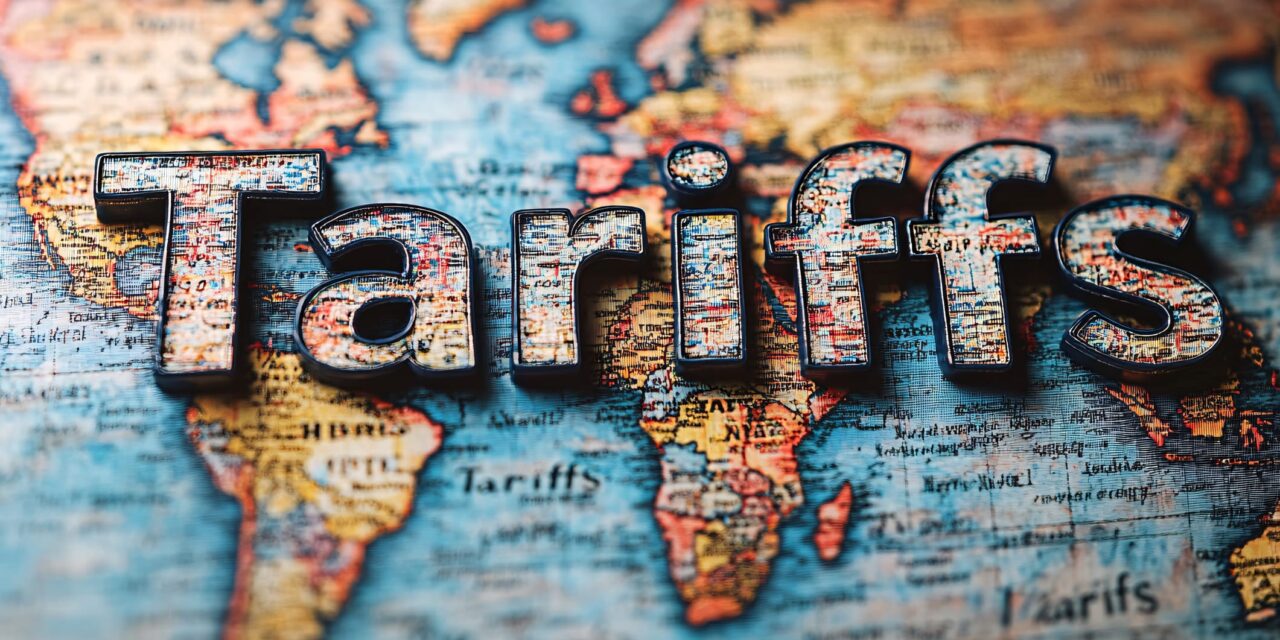Changes in suppliers and manufacturing locations to avoid tariffs can require new regulatory filings, increasing time and cost burdens across global markets.
As global trade tensions continue to shape the economic landscape, the medical device industry is facing regulatory hurdles tied to shifting tariffs. While tariffs primarily aim to protect domestic industries, their secondary effect is complicating compliance processes and adding pressure to already stringent regulatory pathways, says GlobalData, a data and analytics company.
When crucial materials and parts are subjected to tariffs, many medical device manufacturers are forced to rethink their supply chains, switching suppliers, adjusting designs, or moving production locations. These changes, while necessary to manage rising costs, can inadvertently trigger regulatory actions, says GlobalData. In the US, even modest alterations to device components may require new FDA 510(k) notifications or amendments to existing approvals, resulting in potential delays to product availability and added compliance costs.
“For multinational manufacturers, managing compliance across several jurisdictions becomes increasingly burdensome under these conditions. Regulatory timelines are stretched, innovation cycles are disrupted, and internal resources are redirected towards navigating evolving trade and compliance dynamics,” says Elia Garcia, medical analyst at GlobalData, in a release.
Some medical device manufacturers have already experienced increased costs due to tariffs on components produced overseas, according to GlobalData. In response, several companies have considered relocating parts of their manufacturing operations domestically to reduce trade exposure.
However, these shifts often require updates to regulatory documentation and revalidation of production processes. Such changes can lead to additional approval steps in multiple regions, including the European Union and Canada, among others, ultimately increasing the complexity and cost of maintaining regulatory compliance.
“As the medical device industry continues to adapt to global economic shifts, manufacturers are calling for greater alignment between trade policy and regulatory frameworks to support patient access, innovation, and operational resilience,” Garcia says in a release.
ID 372802468 ©Kenishirotie | Dreamstime.com





